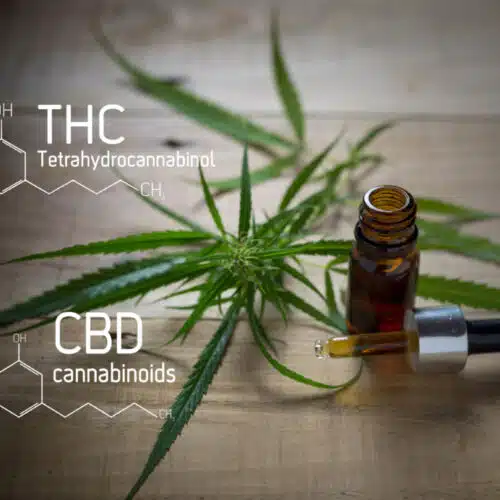By Andrea Goodell | Published in The Holland Sentinel
Holland Township is hammering out an ordinance to regulate medical marijuana.
Although several proposals are being floated, the final language won’t be presented until it has been vetted by attorneys and following an Ottawa County training program tonight in Allendale aimed at helping local governments understand the state law.
“None of us want to withhold medical marijuana from anybody,” Chairman Marion Hoeve said.
In 2008, voters approved marijuana for medical purposes. The state law is generally considered to be unclear, and local governments are working to add their own regulations to the mix.
Among the possibilities in Holland Township are inspections of growing operations for caregivers.
“What happens when you grow 72 plants in a house and turn a house into a greenhouse?” Commissioner Jack Vander Meulen asked. “What happens when a caregiver goes on vacation? Who waters the plants?”
A handful of medical marijuana patients spoke to the Holland Township Planning Commission at a Tuesday study session.
John DerBeek, who sued the city of Wyoming for its attempt to ban medical marijuana, had several problems with Holland Township’s proposals.
He called them “burdensome and onerous to the point where most people are excluded”
The proposal specifically bans patient-to-patient transfers, a disputed section of the state law, and businesses are specifically prohibited from being compensated for medical marijuana services.
“This is directly aimed at us,” said Monica Bakker, community outreach director at Patient Solutions 420.
The company, formed in September, is a storefront where qualifying patients can buy different strains of medical marijuana and medical marijuana products such as infused suckers. It bases much of its business on patient-to-patient transfers.
Under the township’s proposal, a caregiver and patient would have to be alone at the time of the transfer; caregivers would not be able to operate in a jointly-operated facility or share building space that is used in common to assist more than five qualifying patients and it would be illegal to dispense or grow medical marijuana “within any retail store, storefront, office building, manufacturing building, processing facility any other type of commercial or industrial building.” Apartments might also be included in that list.
“I’m not really excited about having in our commercial areas, certainly, places where we would have marijuana sold,” Zoning and Planning Administrator Jon Mersman said.


